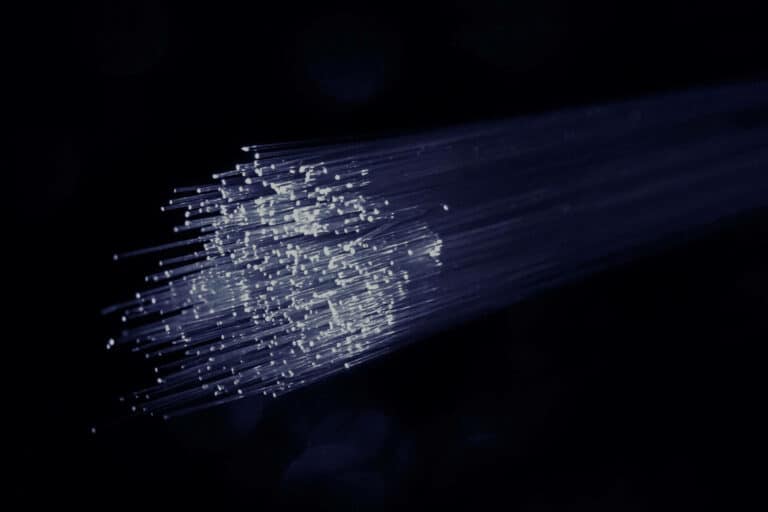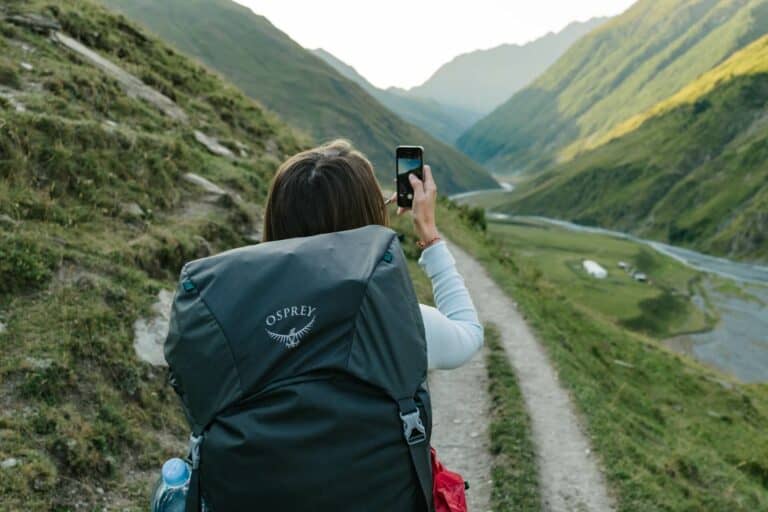
Fiber
More and more businesses are offering “free” Wi-Fi. Why don’t you take advantage of this?
We’ll take care of your connection
A no nonsense network for every sector
Our knowledge accumulated through years of expertise
A company with a passion for technology and signals
 English
English
Sleeping bags and nature hacks are an essential part of camping. Whether you build a few extra parts like MacGyver to seal a leaking tent or you start a fire with a flashlight. Getting things done in a pinch and without the right parts is a skill set that will not only keep you safe, but move you forward in an exciting adventure. If you’re at a federal park or campground, make sure you know what to do if your phone isn’t getting a signal.
Mobile phones are a constant in our lives. They help us find the right route to our destinations, they connect to our cars so we can call or listen to the media we choose, and they let us communicate with everyone 24/7. In cities and populated areas you usually have no problem with the mobile phone signal, but this is not the case everywhere.
Campgrounds, state or national parks, and forests do not have high-speed connections or, in many areas, no coverage at all. If you plan to rely solely on your cell phone for your next camping trip, make sure you have the necessary provisions.
If you camp far from the road, you may find yourself entering a no man’s land with little to no cell phone signal. Dead areas can sneak up on you in remote areas far from cell towers or if you are in a particularly hilly/mountainous area. While smartphones offer countless benefits to hikers and campers, it’s important to always be prepared for safe, signal-less camping. Here’s what you can do:
If your mobile phone is constantly looking for a signal, it puts a strain on the battery. Instead, disable that feature so you can continue to use your phone as a flashlight and database for all the maps you’ve downloaded previously. Cellular data can be turned back on to check reception every few kilometers or every few hours.
Although your mobile is an all-in-one device, most of its functionality depends on the connection. Even the GPS relies on a satellite and complex calculations to show you which direction you’re traveling. A radio can keep you informed of weather changes and any safety warnings for the area.
This can be a real lifesaver if you’re camping in the winter, when weather patterns are unpredictable and knowing when to set up camp is essential to staying safe. Many campground-specific radios also include channels so you can reach out to nearby campground centers or an emergency line.
You can never have enough cards to help you navigate difficult areas. In addition, it is also useful to check forums and other unofficial websites for information about specific trails, secret finds, and must-see places.
If this is one of your first camping trips, download instructions for building your tent or making a fire. Also download overviews of what to do if you see a bear or even a skunk. It’s better to have more information than not enough, especially since downloads don’t burden you.
This is one of the most important rules of camping whether or not you have a cell phone signal. Always let someone know which campground you’re going to, what routes you plan to take, and an estimated timeline for returning home. Having a schedule is even better, but that’s not always practical.
Telling someone roughly where you’ll be will not only help your family relax, but it will also keep you safe in the event of an accident or extreme weather during a long or difficult hike. Rangers and site staff are also more likely to be aware of which parts of a particular trail tend to have no cell signal, so if you get lost or injured they can find your location more easily.
We have cell phones and a 24/7 internet connection, and that can often keep us from enjoying the smaller world around us. More and more psychological and physiological studies point to the benefits of enjoying nature without the use of a mobile phone or tablet. If you’re camping, make sure you enjoy every second of the journey to the fullest. Therefore, make technology an occasional tool rather than a constant source of entertainment.

Xavier is de stuwmotor achter Mercuron. Als CEO en mede-oprichter brengt hij nieuwe communicatietechnieken naar alle gebouwen.

More and more businesses are offering “free” Wi-Fi. Why don’t you take advantage of this?

Some materials should be used as little as possible when constructing a new building.

It is not always easy to find a solution, so that’s where we come in!

Mercuron, a Belgian company, specializes in wireless communication. With our expertise in radio waves, we create ASTRID and mobile phone signal amplifiers from the ground up.